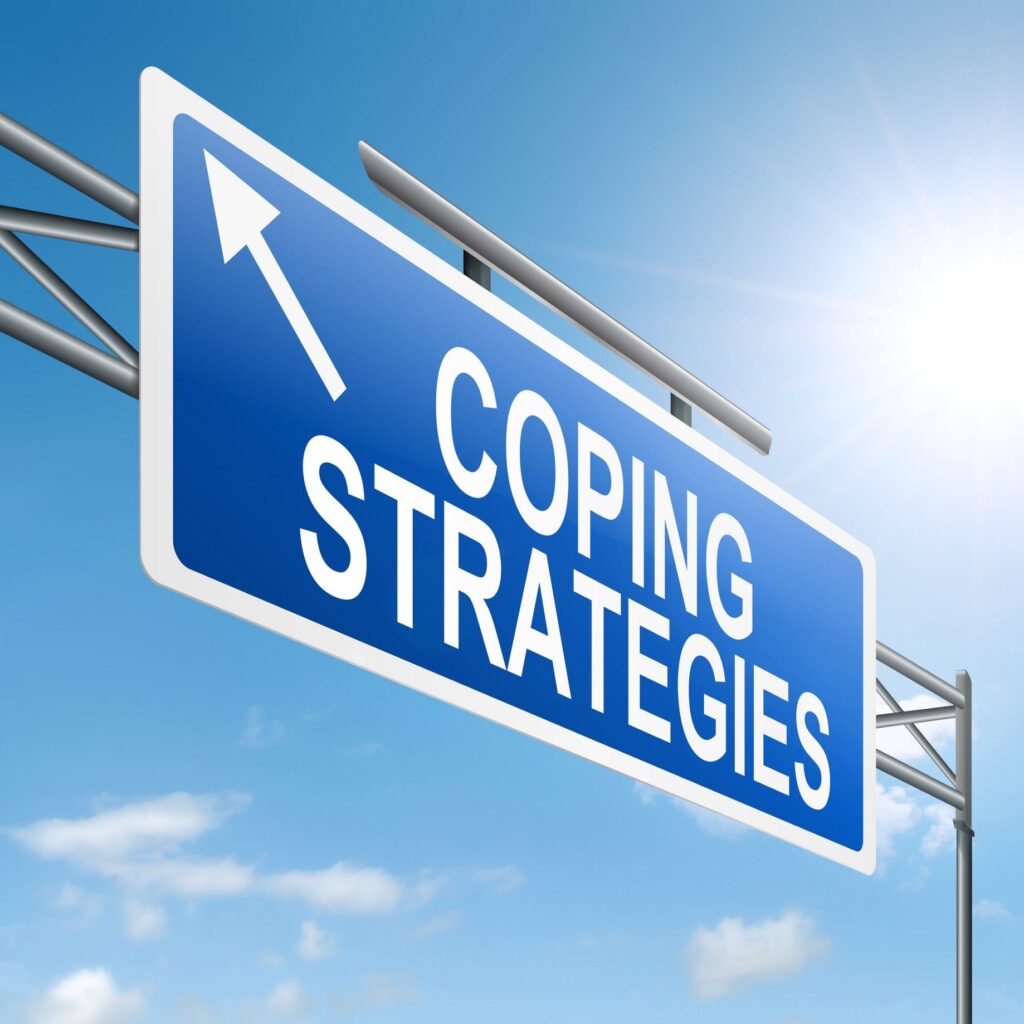
Emotional eating, the act of using food as a coping mechanism for emotional distress, can pose challenges to those of us seeking a healthy relationship with food. However, with the right strategies, it is possible to overcome emotional eating and develop healthier coping mechanisms.
Emotional eating usually develops gradually, influenced by a variety of factors. Understanding the root causes of emotional eating is crucial in addressing this issue, unraveling its origins, and developing effective strategies to break free from its grip. Emotional eating often begins as a seemingly innocent response to occasional emotional discomfort or stress. At first, it may provide a temporary sense of relief or distraction from negative emotions. For instance, after a particularly challenging day at work, indulging in a sweet treat may offer a brief escape and create a sense of comfort. Over time, however, this occasional behavior can develop into a habitual pattern as the brain starts associating food with emotional relief. The brain’s reward system reinforces the connection between consuming certain foods and feeling better emotionally, leading to a cycle of emotional eating.
In this article, we will explore effective strategies to address and overcome emotional eating, empowering us to build a positive and balanced relationship with food and our emotions.
Developing Emotional Awareness
Mindful Self-Reflection: Take time to reflect on your emotional state before, during, and after eating. Pay attention to the triggers, emotions, and thoughts associated with emotional eating episodes. This increased self-awareness can help you identify patterns and gain insight into your emotional eating habits.
Journaling: Keep a food and emotions journal to track your eating behaviors and emotional experiences. Record the emotions you are feeling, the circumstances surrounding emotional eating episodes, and the foods you consume. This process can bring awareness to emotional triggers and help identify patterns or common themes.
Pause and Reflect: Before reaching for food in response to an emotional trigger, take a moment to pause and reflect. Ask yourself if you are truly hungry or if there is an underlying emotional need that can be addressed in a healthier way.

Building Healthy Coping Mechanisms
Emotional Regulation Techniques: Explore alternative ways to regulate and cope with emotions. Engage in activities that bring you joy, such as practicing mindfulness, exercising, journaling, meditating, or engaging in creative pursuits. Experiment with various techniques to discover what works best for managing emotional distress.
Seek Support: Reach out to trusted friends, family members, or professionals who can support and guide you during challenging times. Sharing your feelings with others can provide a sense of validation and help alleviate emotional distress, reducing the reliance on food for comfort.
Stress Management: Implement stress reduction techniques into your daily routine. Regular exercise, adequate sleep, deep breathing exercises, and engaging in activities that promote relaxation can help manage stress levels and reduce the likelihood of turning to food for emotional relief.
Mindful Eating Practices
Eat Mindfully: Practice mindful eating by paying attention to your food choices, eating slowly, and savoring each bite. Focus on the sensory experience of eating, including the taste, texture, and aroma of the food. This mindful approach can help you connect with your body’s hunger and fullness cues and make conscious food choices.
Balanced Nutrition: Aim for a balanced and varied diet that includes a range of nutrients from different food groups. Nourishing your body with wholesome, nutrient-dense foods can provide long-lasting energy and support overall well-being.
Portion Control: Be mindful of portion sizes to avoid overeating. Use smaller plates and bowls, and listen to your body’s signals of fullness to avoid eating beyond your physical needs.
Emotional Eating Alternatives: Identify alternative activities that provide comfort or relief from emotional distress. Engage in hobbies, connect with loved ones, practice self-care, or engage in relaxation techniques to redirect your focus away from food and towards healthier coping mechanisms.
Self-Compassion and Positive Body Image
Practice Self-Compassion: Be kind and understanding towards yourself when facing emotional challenges or setbacks. Avoid self-criticism and practice self-compassion, acknowledging that emotional eating is a common struggle and that you are taking steps to overcome it.
Foster Positive Body Image: Cultivate a positive body image by embracing and appreciating your body for its strength and functionality. Focus on self-care, nourishing your body, and engaging in activities that promote body acceptance and self-confidence.
Emotional eating has multifaceted root causes, including emotional triggers, learned behavior, stress, lack of emotional awareness, trauma, negative body image, and environmental influences. Identifying and understanding these underlying factors is essential in addressing emotional eating effectively. By recognizing the root causes, we can develop personalized strategies and seek support to break free from emotional eating patterns and establish a healthier relationship with food and emotions.
Overcoming emotional eating requires a multifaceted approach that addresses both the emotional and behavioral aspects of this behavior. By developing emotional awareness, building healthy coping mechanisms, practicing mindful eating, and fostering self-compassion, we can break free from the cycle of emotional eating and cultivate a positive and balanced relationship with food and emotions. Remember that change takes time, patience, and perseverance, but it is possible to overcome emotional eating and embrace a healthier lifestyle with the right strategies and support.
Reclaiming control over your eating habits and fostering a healthier relationship with food and with yourself can be difficult, but it is possible. You can start your journey by getting my free e-Book here and learn how emotional eating began for you.
What are your favorite strategies to overcome emotional eating? Let us know in the comments.





